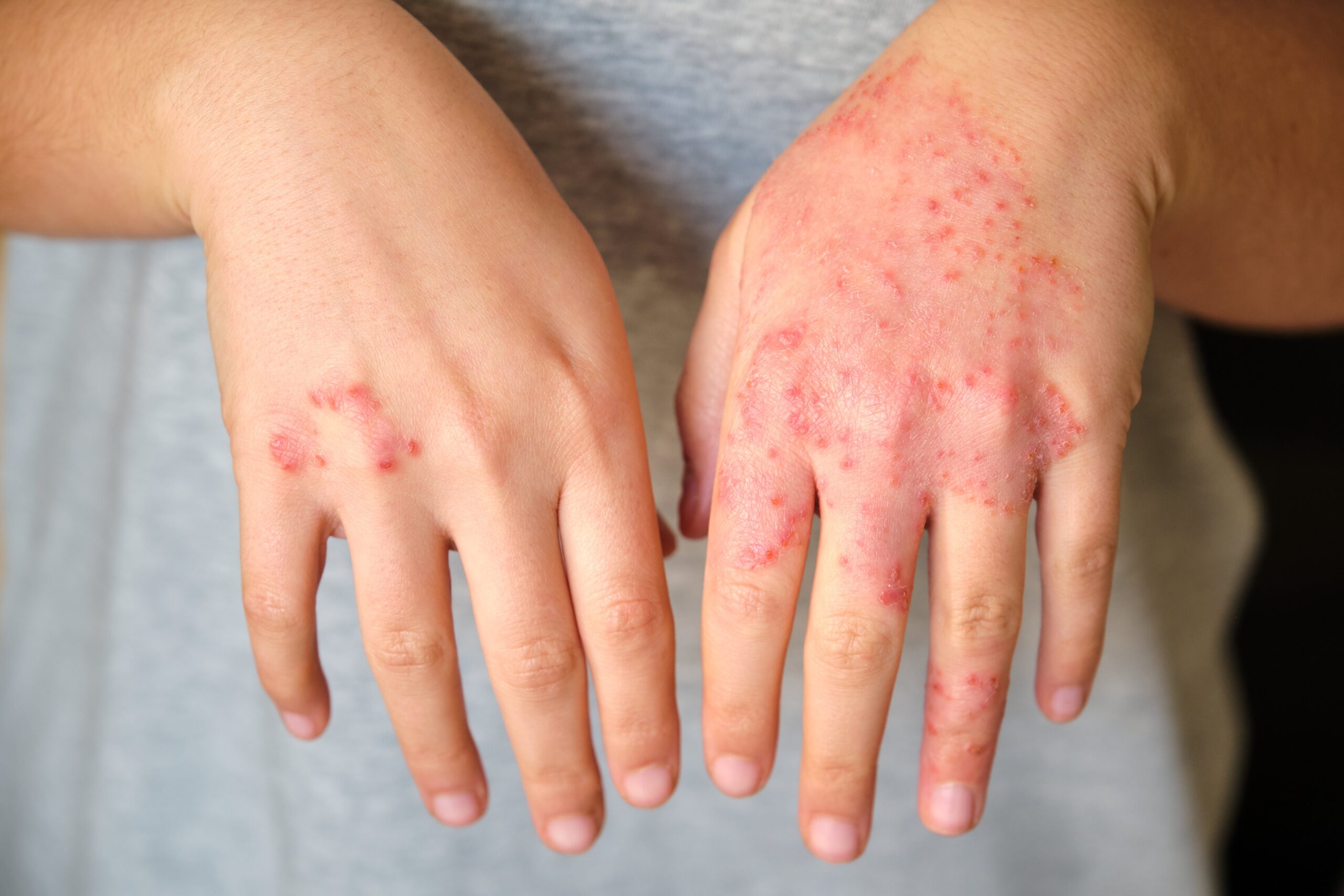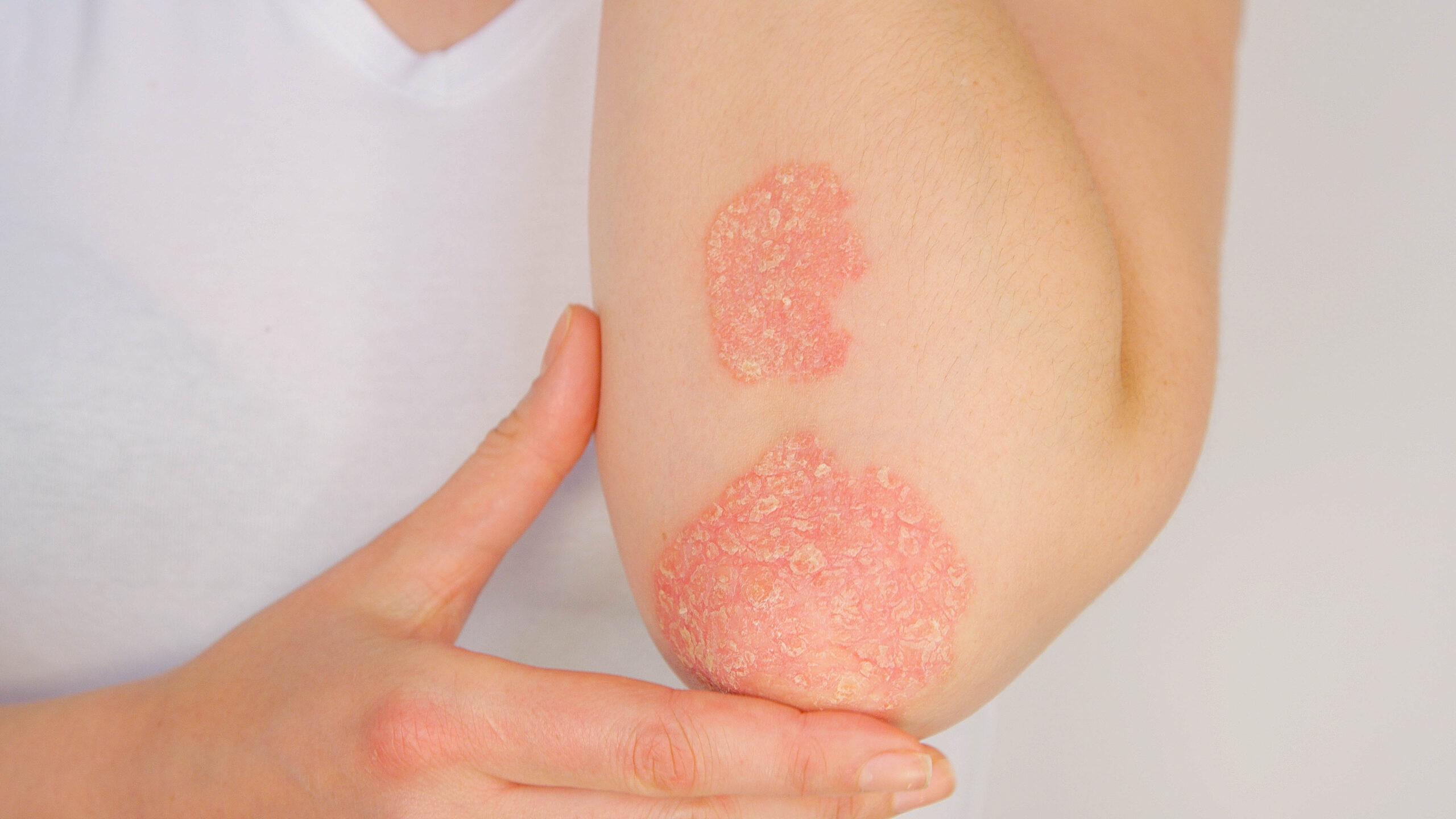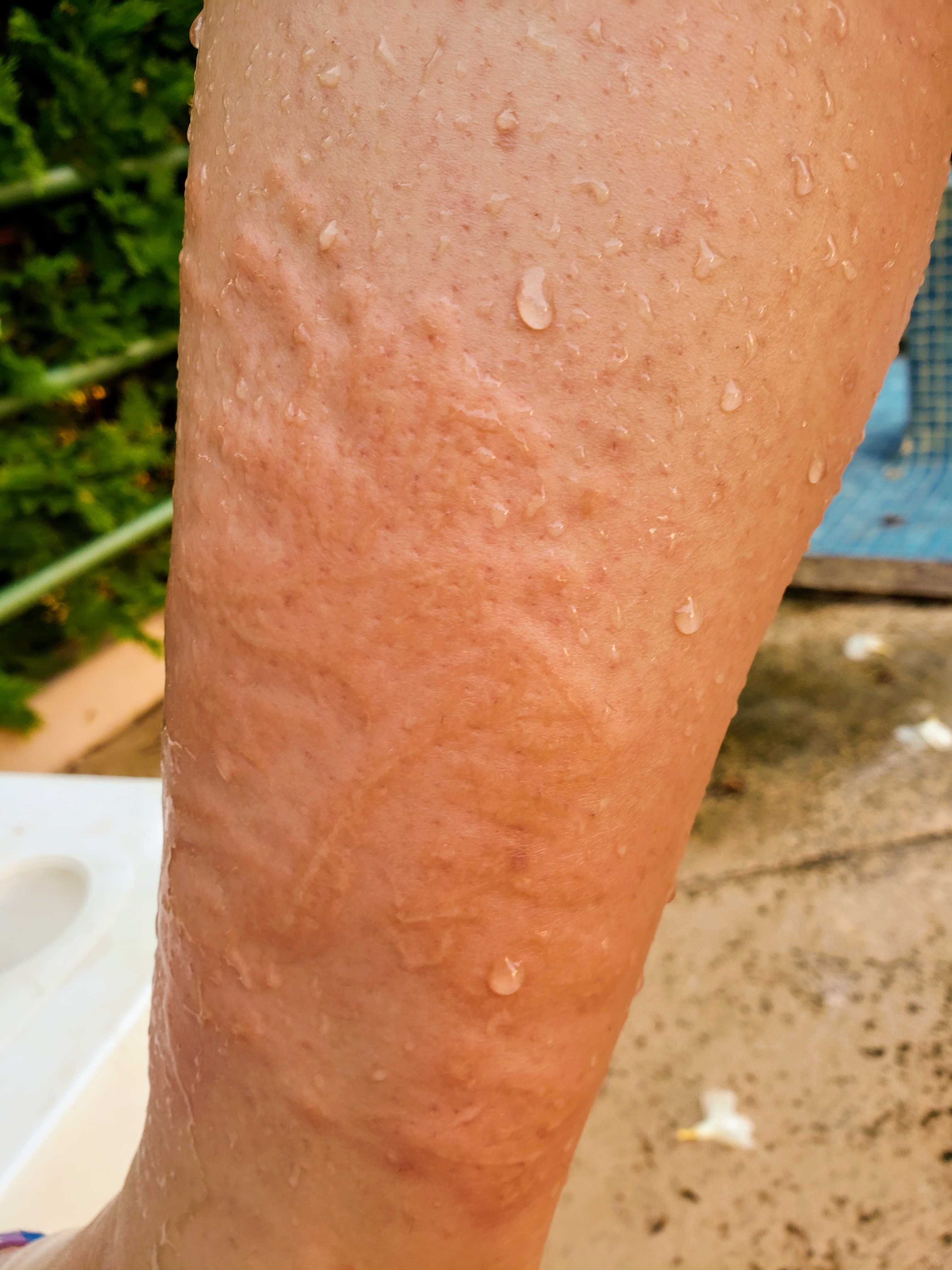Psoriasis is a chronic skin inflammatory skin characterised by well-defined, red, and scaly plaques. It equally affects males and females with peaks of onset at ages 15-25 and 50-60.
In the previous post, the affected population, causes and clinical features of psoriasis as well as brief assessment and treatment methods were discussed. In this post, assessment and treatment methods will be discussed in greater detail.
Medical assessment involves collecting medical history, performing skin examination, asking questions about how psoriasis impacts daily activities and evaluating comorbid factors.
The PASI (Psoriasis Area and Severity Index) score is a commonly used tool for measuring the severity of psoriasis and monitoring the effectiveness of treatment over time. It combines the size of the affected area, the severity of the lesions, and the degree of scaling and erythema (redness) into one number. The score ranges from 0 to 6, with higher scores indicating more severe psoriasis. The PASI score is calculated by assessing the degree of involvement in four body regions (head, trunk, upper limbs and lower limbs), with each region scored 0-6 for erythema, induration and scaling.
The severity of psoriasis is classified as mild in 60% of patients, moderate in 30%, and severe in 10%.
For patients diagnosed with psoriasis, the general measures include quitting smoking, avoiding excessive alcohol intake, and maintaining optimal weight.
Patients diagnosed with mild psoriasis are generally treated with topical agents alone. The treatment plan is selected based on the site, extent, and severity of psoriasis. Treatment options include different emollients, topical corticosteroids, dithranol, and calcipotriol.
Moderate to severe psoriasis is treated with systemic agents like Methotrexate, Acitretin, and Ciclosporin.
UVB phototherapy is recommended for patients who have extensive psoriasis. It is often used in combination with topical or systemic agents. However, it may not be a suitable treatment option for individuals who have fair skin or those whose psoriasis gets worse when exposed to sunlight.
Systemic corticosteroids are not recommended as they can lead to severe withdrawal flare of psoriasis and adverse effects.
Biologics or targeted therapies are recommended for patients with severe psoriasis who are resistant to conventional treatment methods. They refer to drugs derived from living materials like microorganisms. Biologics interfere with specific parts of the body’s immune system to treat and prevent immune-mediated inflammatory disorders and cancers. In comparison with general immunosuppressants that suppress the whole immune system, biological agents can selectively target only those chemicals which are involved in psoriasis. The approved biological agents are Risankizumab (Skyrizi®), Guselkumab (Tremfya®), and Adalimumab (Humira®).
Centre for Medical and Surgical Dermatology offers different treatment methods for psoriasis that are unique to each patient. For more information on psoriasis, visit the following link:



